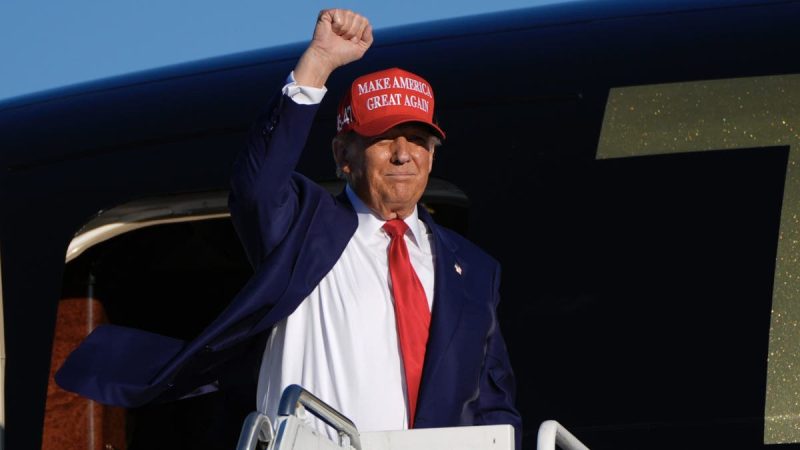In a recent statement, former United States President Donald Trump asserted that he would never advocate for imposing restrictions on birth control or other contraceptives. This declaration comes as a surprising departure from his previous stances on reproductive health issues, where he has been criticized for supporting policies that limit access to contraceptives and other related services. While some may view this apparent shift in perspective as a positive development, others remain skeptical of the sincerity and implications of Trump’s statement.
Throughout his presidency, Donald Trump and his administration faced widespread backlash for their conservative stance on reproductive health matters. From attempts to roll back the Affordable Care Act’s contraceptive coverage mandate to appointing anti-abortion judges to federal courts, Trump’s policies often elicited strong opposition from advocates of reproductive rights. In light of this contentious history, Trump’s recent proclamation regarding birth control and contraceptives raises questions about his motivations and underlying intentions.
One interpretation of Trump’s statement could be that it represents a strategic attempt to broaden his appeal and distance himself from the more polarizing aspects of his political legacy. By aligning himself with a position supportive of birth control access, Trump may seek to soften his image and attract a wider spectrum of voters, including those who prioritize reproductive rights and healthcare. This calculated move could also serve to counter criticisms of his administration’s perceived hostility towards women’s health issues and signal a potential pivot towards a more moderate stance.
However, some observers express skepticism about the sincerity of Trump’s newfound stance on birth control and contraceptives. Given his track record of shifting positions and making controversial statements, there are concerns that Trump’s latest pronouncement may be more about optics and political expediency than genuine conviction. Critics point to the timing of his announcement in the context of a post-presidency period marked by legal challenges and public scrutiny as evidence of a calculated attempt to rehabilitate his public image.
Moreover, even if Trump were to genuinely espouse support for unrestricted access to birth control and contraceptives, questions remain about the extent to which such a stance would translate into meaningful policy changes or advocacy efforts. While words hold symbolic value, actions speak louder, and the tangible impact of Trump’s statement on the ground remains uncertain. It remains to be seen whether Trump’s words will be backed up by concrete initiatives or advocacy work aimed at advancing the cause of reproductive rights and healthcare access.
In conclusion, Donald Trump’s assertion that he will never advocate for imposing restrictions on birth control or other contraceptives represents a notable departure from his previous positions on reproductive health issues. The motivations behind this statement, however, remain subject to interpretation, with some viewing it as a tactical move to reposition himself politically and others questioning the sincerity and implications of his words. As the debate surrounding reproductive rights and healthcare access continues to evolve, Trump’s evolving stance on this pivotal issue underscores the complex and contentious nature of the political landscape.




























